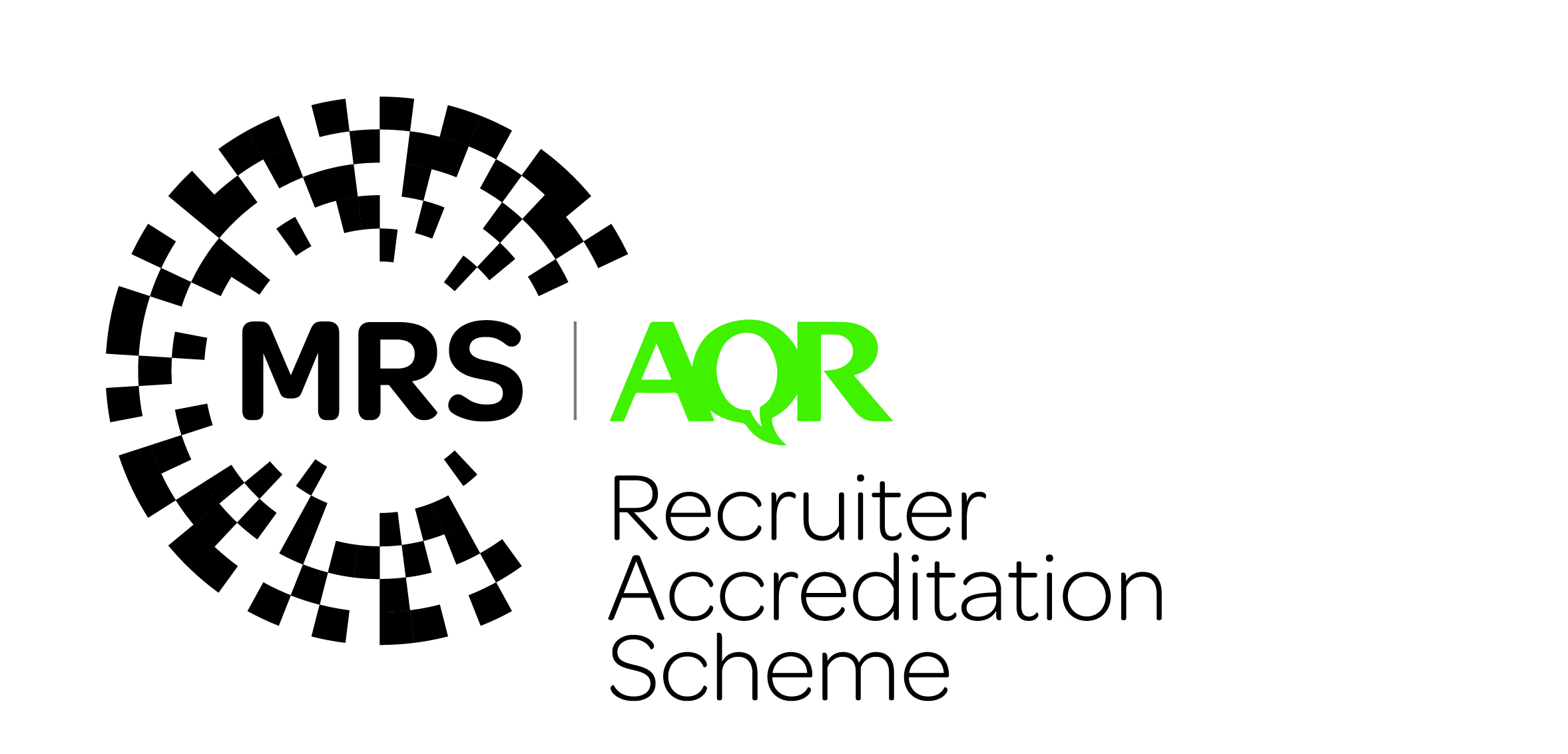All MRS websites use cookies to help us improve our services. Any data collected is anonymised. If you continue using this site without accepting cookies you may experience some performance issues. Read about our cookies here.
You are currently not logged in. Any progress made will be lost.
Discrimination
Discrimination means to treat someone unfairly because of who they are. In the UK discrimination is defined in law by the Equality Act 2010. In the UK it is against the law to discriminate against a range of characteristics known as ‘protected characteristics’. Section 5 provides more detail about the Equality Act.
There are four main types of discrimination.
Direct discrimination: treating one person worse than another person because of a protected characteristic. For example, excluding individuals from being able to participate in a research group because they have a physical disability.
Indirect discrimination: this is when rules, policies or procedures are put in place which has a worse impact on someone with a protected characteristic than someone without one. For example, having a policy that restricts pregnant women from being able to participate in any research groups.
Harassment: treating people in a way that violates their dignity, or creates a hostile, degrading, humiliating or offensive environment. For example, having a research group where derogatory comments are made about one of the other participants present.
Victimisation: is treating people unfairly as a result of their characteristics or because they have undertaken a specific action. For example, if an individual made a complaint about a research group under the Equality Act (like making a complaint of discrimination) and are removed from any future research recruitment. This would be victimisation.
It is essential that all research recruitment and data collection is undertaken without discrimination and in accordance with the Equality Act. However, it is not just discrimination that recruiters need to be aware of, there are other biases too.


